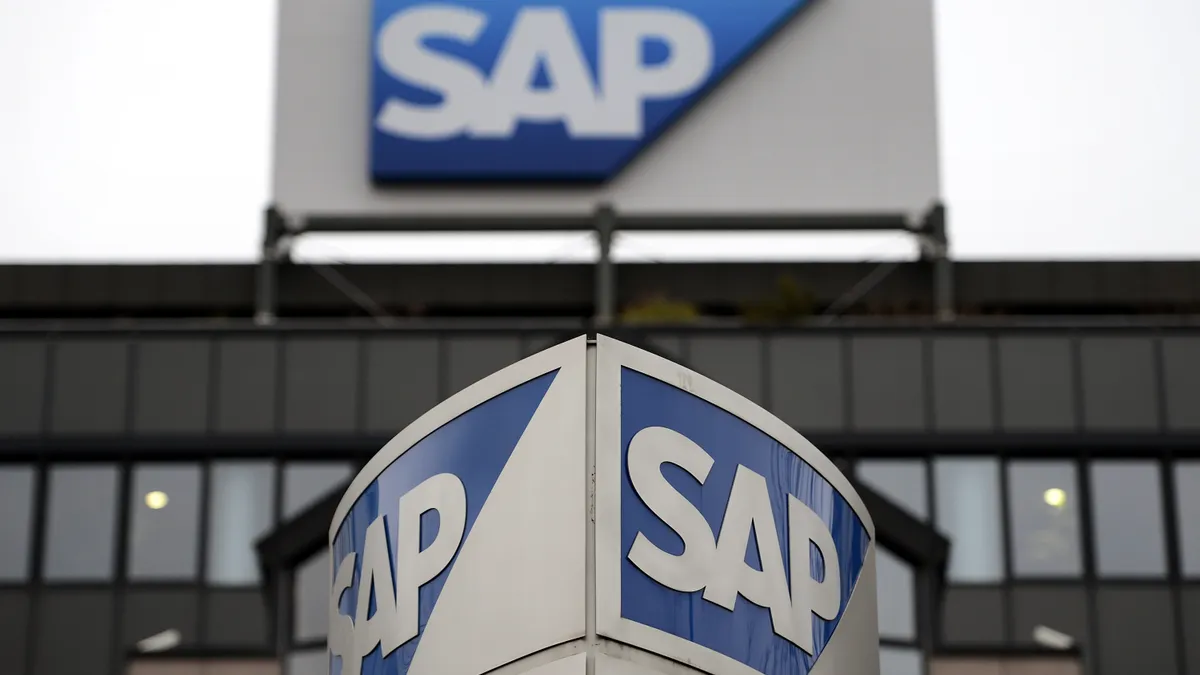Corporate debt totals almost $13.5 trillion, and much of that is either junk grade or at the lower-end of investment-grade levels. With companies facing the prospect of sharp business drops as countries impose restrictions to contain the spread of the novel coronavirus, the pieces are in place for a debt reckoning, say analysts in a New York Times piece on Thursday.
"We have been always saying that we are sitting on top of an unexploded bomb, but we don’t know what is going to trigger it," Emre Tiftik, director of Research for Global Policy Initiatives at the Institute of International Finance, told the Times in its report. "Can the coronavirus be a trigger? We don’t know. Maybe."
The International Monetary Fund (IMF) estimates companies in the United States and other major economies would have trouble making payments on 40% of their debt in a downturn, even if it's only half as severe as the one that hit the global economy in 2008.
That’s one reason the Federal Reserve and other major central banks cut short-term interest rates relatively sharply a week ago in response to the virus threat.
"Lower interest rates limit debt payments for companies that might otherwise fall into trouble," the Times piece said.
It was the low-interest-rate policy of central banks during the last global economic crisis that led to the high amounts of debt companies are carrying today, critics say.
By pushing short-term rates so low and keeping them down for so long, companies used low-cost debt financing to fuel growth. As a result, they're highly leveraged and vulnerable to a downturn.
"There are whole sectors that survived that should have gone into restructuring," Alberto Gallo, head of macro strategies at Algebris Investments, said in the report. "Retailers in a world of online retail, energy companies with high production costs, small banks in Europe that are not efficient. The availability of funding at very cheap rates has kept zombie companies alive."
Plunge into junk
Last year, about a quarter of the corporate bonds issued were below investment grade: junk bonds.
On the upside, most bonds outstanding today are investment grade, but most of these — 51% — are rated BBB, the lowest rating a company can get before plunging into junk status. Should the downturn impact companies' ability to repay, many of these bonds will drop into junk territory, potentially making trillions of dollars "radioactive" for investors that only hold investment-grade debt.
That means many institutional investors like pension funds and insurance companies won't be able to hold the debt because of their governance restrictions.
The drop into junk status isn't theoretical. Last month, household names like Kraft Heinz, Macy’s and Ford had debt downgraded.
Not all analysts are convinced a reckoning is in store for companies.
"The prophets of doom who thought that more debt was more risk have generally been wrong for the last 12 years," Nicolas Véron, a senior fellow at the Peterson Institute for International Economics in Washington, told the Times. "More debt has enabled more growth, and even if you have a bit more volatility, it’s still net positive for the economy."
It might not be much longer before it's clear whether the pessimists or the optimists are right.











